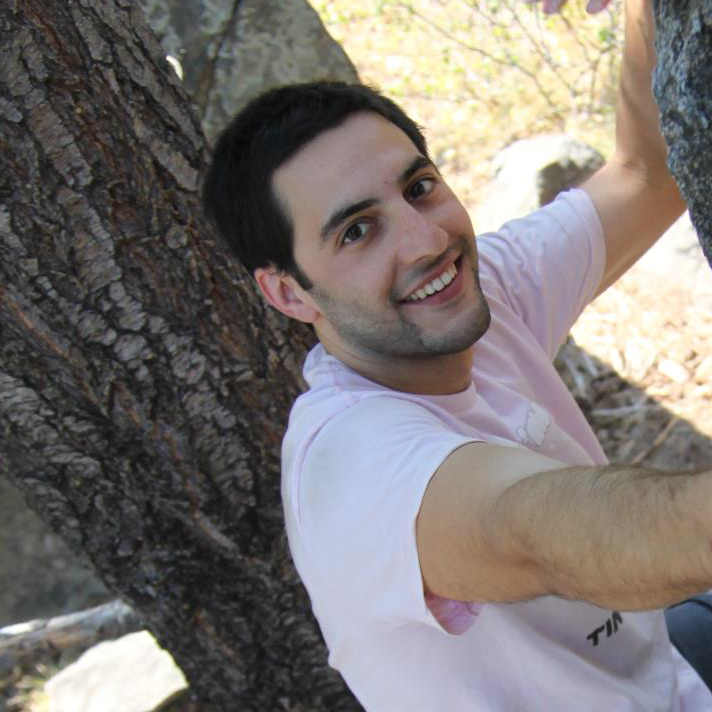
If you're any good, you'll make another
15 Jan 2015One of the best lessons I was ever learned was taught with the destruction of beauty. My ceramics teacher at the time, Jared Ward, had a beautiful teapot in his hands. It had a minor flaw that only he could find and he asked the class a question. “So what do you do with a pot like this?” Jared, my instructor, asked the class. Repeating an oft-said phrase from the studio, I replied,
“If you’re any good, you’ll make another one.”
As I said this, Jared let the pot slide from his hands and shatter against the concrete floor. I couldn’t believe it. This was the product of hours of painstaking work and years of expertise.
When I first began to work in clay, everything I did was new, and because I had little understanding of ceramic aesthetic conventions, I had no reservations about experimenting with new techniques and materials. I knew I sucked, I had nothing to lose. Then, as I became more proficient and more knowledgeable about the field, I also became more afraid of failure and more anxious about the disappointment it would bring. The better I became, the more time and care I was able to invest in each piece and the more it hurt to lose that investment.
Consequently, I lost my ability to focus solely upon the process before me. I had become blinded by my assumptions of what beauty and craft were, and by focusing so exclusively on the final product, I had failed to realize that a finished form, alive as it might be, was simply the end product of a living, breathing, and ever-changing process.
I realized that I needed to value this process over everything else. Sometimes, you have to embrace a potential failure to grow.
The following week, a situation developed which crystallized this new philosophy. I had just thrown a very graceful and difficult form, and I was about to remove it from my wheel head when Jared invited me to test a new slip coating technique.
“No way, it’s perfect! And I might end up ruining it,” I replied.
“Joe, if you’re any good, you’ll just make another one,” he countered.
Touche, Jared. Touche.
He was right. I could always make another one, and here I had a chance to experiment and go beyond what was comfortable. Sufficiently chastised and recognizing the truth in his words, I turned back to the piece before me and began to make changes. I truly hoped that my end product would turn out well, but at the moment, experimentation was what was essential to my developing skill.
